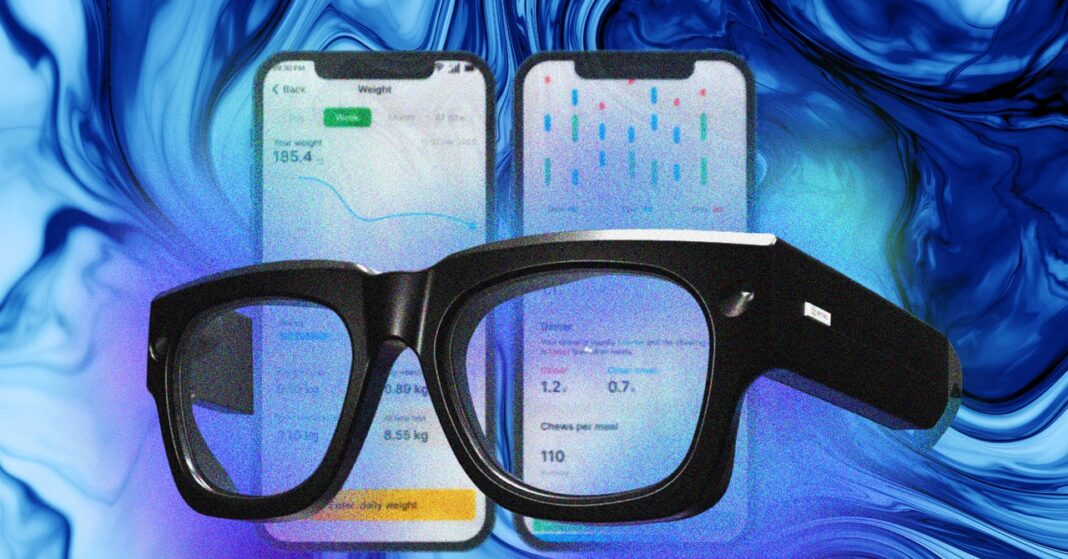In Short:
Emteq is exploring AI’s ability to read emotions through facial expressions, but experts doubt its accuracy, citing cultural differences and neurodivergent factors. While the technology aims to assist therapists in understanding patients’ emotional states, researchers emphasize the need for careful oversight to avoid misuse. Competing with other wearable tech, Emteq faces challenges in making its glasses appealing and multifunctional.
Nduka emphasizes the challenge of measuring quality, stating, “We can manage what we measure, but what we mostly measure are things like money or speed. What we can’t really measure is quality. And quality is about emotions. And emotions can be sensed most sensitively with expressions.”
AI Vision
The question of whether AI can truly understand human emotions has been a longstanding debate. Current consensus suggests that, in many cases, the answer is probably not. Despite the advancements in technology, accurately interpreting emotions remains a complex challenge.
Andrew McStay, a professor and director at the Emotional AI Lab at Bangor University, remarks on the limitations of gauging emotion through facial expressions. He expresses skepticism regarding the ability of companies to utilize AI for accurate emotional readings, citing inherent flaws in the measurements. “I just think there are fundamental flaws and fundamental problems with it,” he asserts.
Emotional expression varies significantly across different cultures; a smile may convey warmth in one setting while indicating fear in another. This complexity is further compounded by neurodivergence, as noted by Emteq, which aims to assist neurodivergent individuals in navigating social interactions effectively.
Strand of Emteq stresses the importance of accounting for these variations, advocating for the collection of extensive data while ensuring that their applications are rigorously monitored by healthcare professionals. Therapists, doctors, and nutritional consultants are expected to supervise the use of this technology, safeguarding against potential misuse of personal data.
“You’ve got to be thoughtful about how you deliver information, which is why we have experts in the loop. At least right now,” Strand explains. “The data is valuable regardless because it empowers whoever is making the assessment to give good advice. On the mental health side, that’s especially important.”
Strand envisions a future where therapists, equipped with readouts of a patient’s emotional state over the preceding week, can address specific issues more effectively, enhancing the therapeutic dialogue.
Nearsighted
Despite the potential of Emteq’s smart glasses, they face significant competition from established players in the wearable tech industry. The concern remains that consumers may be reluctant to adopt a bulky pair of glasses if their functionalities are limited to emotion recognition and dietary tracking. It is plausible that such internal sensors could be integrated into more feature-rich devices, similar to Meta’s Ray-Ban smart glasses.
“This has always been kind of the way with these kinds of products,” McStay observes. “These things often start with health, and then quickly they kind of get built out into something which is much more marketing oriented.”





